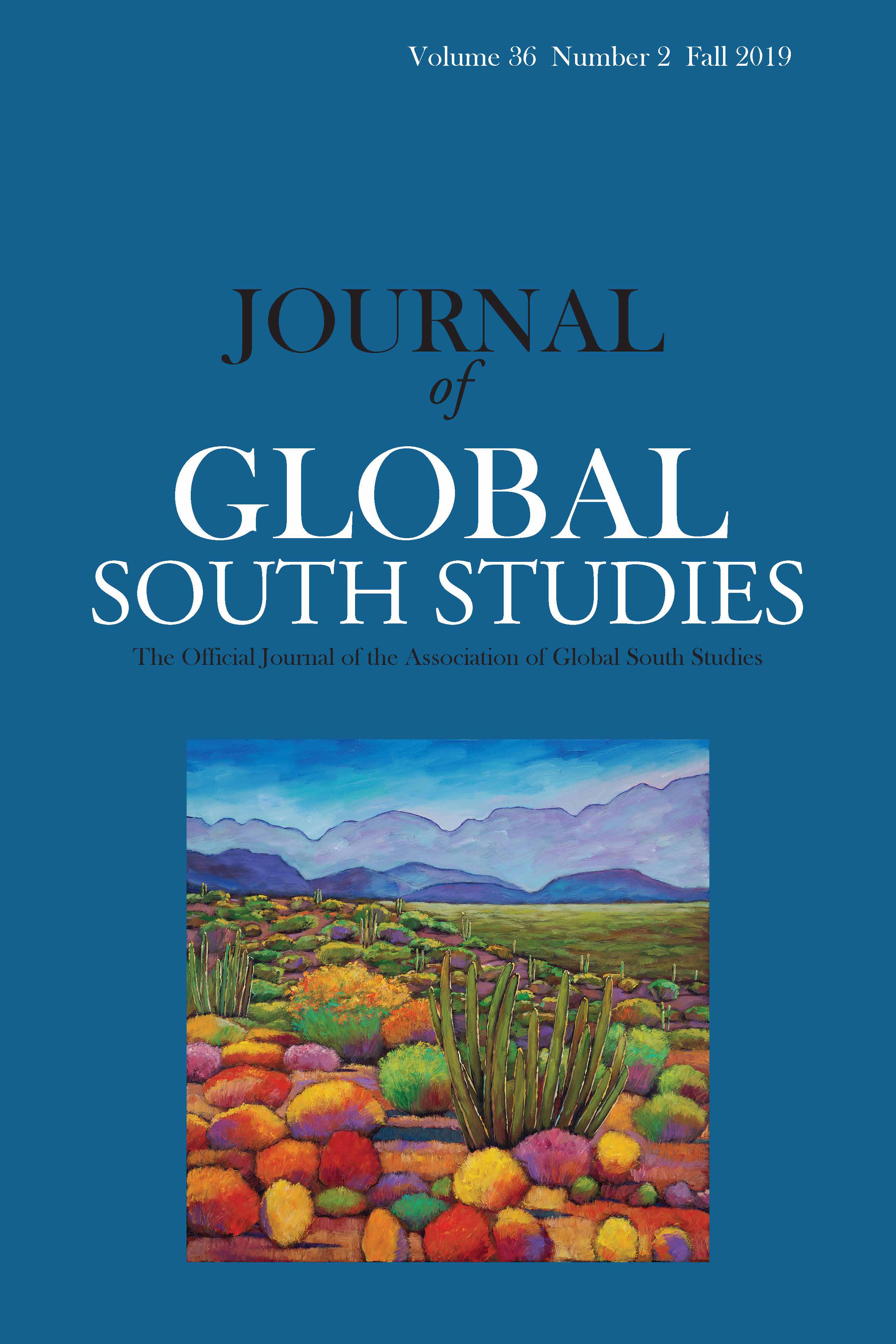A Comparative Look at Success in Regional Party Politics: US Electoral Prediction Models in the Case of Belize
Main Article Content
Abstract
I argue that theories about the success of experienced candidates that were developed in the context of US elections provide insights into electoral success in a developing country. I use well-established predictors of electoral victories in the United States to analyze election outcomes in Belize. Belize offers a good test case because even though the two countries have similar electoral systems for their national legislative bodies, they are very different in terms of land area, population, wealth, and several other dimensions. I hypothesize that factors that have been found to predict US election outcomes similarly influence Belizean elections. I look at the specific variables of incumbent vulnerability, the experience level of challengers, and campaign spending (there are no unopposed incumbents in the data). I examine election outcomes in ten national and twelve municipal elections in Belize in the period 1965–2008. Results indicate that these variables are significant predictors of the vote shares of candidates.

